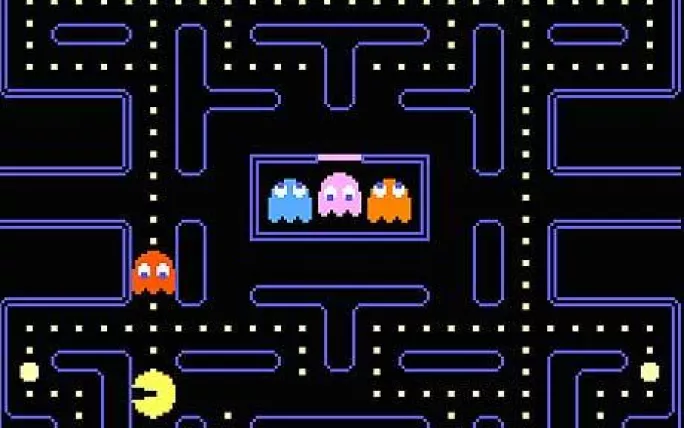Schoolchildren who would rather be playing computer games than studying history will now be able to devise their own ways of combining the two. Ditto maths. Or English. Or geography.
A new research project, conducted by academics across Europe, will allow pupils to design computer games to play during lesson time.
The €3.2 million (£2.4 million) No-one Left Behind initiative provides a simple coding template that pupils can use to design a game for laptops, phones and tablets. With simple programming techniques, they will be able to put together sounds, graphics and videos to help create games tackling specific curriculum subjects.
The two-and-a-half-year project, intended for pupils between the ages of 8 and 17, will be piloted at five schools in Britain, Austria and Spain. In the UK, it is being overseen by David Brown of Nottingham Trent University.
“We’re trying to locate the real alignment between how games work and what we might be teaching in the curriculum,” Professor Brown said.
The project will be linked to a range of curriculum subjects, including English, maths, history and science.
For example, Professor Brown says, children trying to learn about fractions, percentages and decimals might try to create a game in the style of the geometrical match-the-shapes game Tetris. Pupils could be required to match three-quarters of a circle - marked “¾” or “75%” - with a third of a circle, marked “¼” or “25%”.
Alternatively, children could create role-playing or adventure games. A history game, for example, could require children - in the guise of an adventurer avatar - to collect and collate evidence against the slave trade.
“We know a lot of students are very interested in computer games,” Professor Brown said. “We’re moving away from children just playing games to children creating their own games and their own digital media.”
Programming a computer game, he added, would teach students how to produce an algorithm. But it would also teach them skills such as character and plot creation.
He pointed out that under the new national curriculum, introduced last year, information technology formed a mandatory part of pupils’ studies.
“This is a tool that helps introduce them to programming at a much earlier age,” he said. “Rather than sitting in a classroom and receiving education, they’re creating their own educational materials. They’re actively involved in the learning process. Then you foster their engagement. Without engagement, there won’t be any meaningful learning.”
Related stories
There is more to the new computing curriculum than just coding - 6 May 2014
Computing curriculum will not meet the needs of industry, research warns - 13 October 2014
Get up to speed on the new computing curriculum - 24 January 2015





